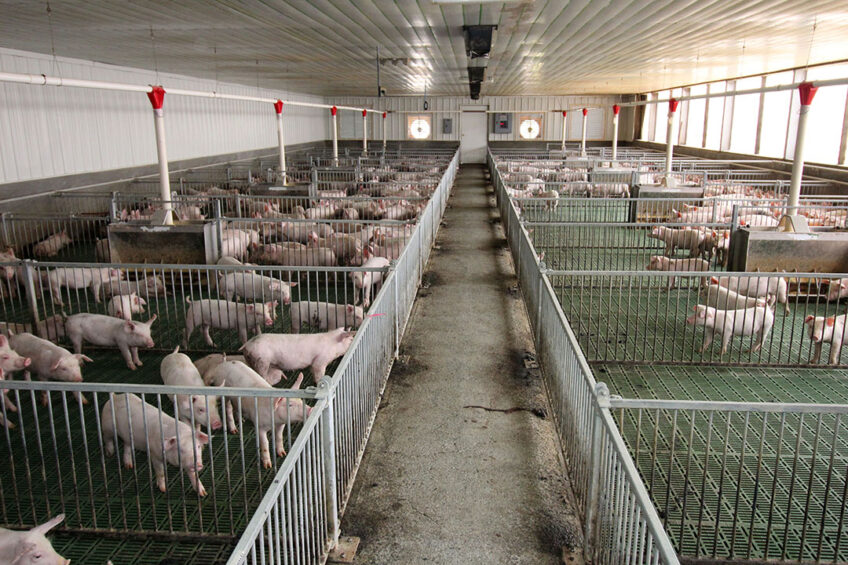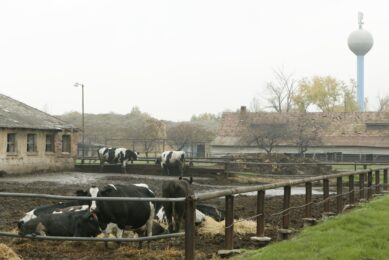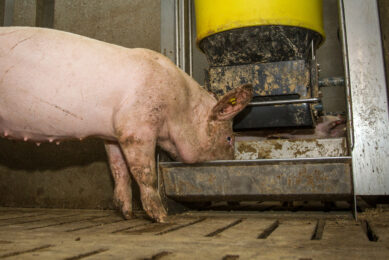ASF Philippines: Pig repopulation process in full gear

The Philippines’ government is sparing no efforts to rebuild the pig herd that was lost as a consequence of African Swine Fever (ASF). To that end, also new investors extend their help.
According to a recent Reuters report, the Philippines’ pig inventory increased by about 700,000 head over the last 12 months, owing to a repopulation programme, following 2 years of decline due to ASF outbreaks.
The report quoted Reildrin Morales, director of the Department of Agriculture’s Bureau of Animal Industry. He said the Philippine pig inventory has risen to 9.8 million head, up from 9.1 million a year ago. Morales added that the private sector has taken a lead role in the government-funded repopulation programme, and he expects the increased domestic supply to help stabilise pork prices eventually.
Morales said, “By the third quarter of 2022, if the momentum and our repopulation and other initiatives continue, we can expect our pork supply to be on the positive side.”
Total pig inventory almost 10 million head
A similar message was shared by the Philippine Statistics Authority (PSA), which in a report estimated the country’s total pig inventory to be 9.87 million head on October 1, 2021, see also Figure 1. The report highlighted the regional pig populations.
Despite the overall positive growth in the pig herd, repopulation efforts still face the challenge of existing ASF cases. The Reuters report stated: “As of January 13, 2021, about 45 villages across the country still had active cases of ASF, a small fraction of the 3,582 villages hit by the disease since the first outbreak was reported in 2019.”
Pig investments from abroad
Repopulation of the Philippine herd is happening with the help of third parties as well. For instance, private alternative asset company Agri Developments ventured into a pig repopulation programme through establishment of a breeding farm that specialises on breeding genetically pure premium pork varieties to ensure high quality lean pork across the country.
According to PR Newswire and several news outlets in the country, the venture is happening in partnership with one of the country’s leading emerging pig farm operators. The organisation’s operational farm based in Luzon is a specialty breeder farm that breeds and sells premium pure line pig varieties to other farms, pork producers and distributors.
Leo van Egeraat, the company’s CEO, emphasised the importance of good hygiene. He said, “Strict biosecurity measures are in place on the farm for safety and it specialises on breeding genetically pure premium pork varieties ensuring high quality lean pork.” He stressed that pork production is extremely underdeveloped in the Philippines and the crisis indicated that drastic change is needed.
Stepping up import biosecurity
Agri Developments added that the situation in the Philippines has been further devastated due to its lack of agricultural import safety controls. While other countries have been able to replenish pork supply through imports, the Philippines has been unable to do so as it is incapable of testing to see if, for example, ASF is present in imports.
Constructing cold examination facility
The government in response has begun work on the construction of its first Agricultural Commodity Examination Area (ACEA), also called the Cold Examination Facility in Agriculture (CEFA). That initiative is targeting a 100% inspection of farm, fishery, and meat products imports to ensure their quality, determine and confiscate mis-declared shipments, and more importantly, prevent the entry of transboundary pests and diseases.
Reports indicate the government is willing to continue the importation of pork in the country. As stated in the Business Inquirer, finance secretary Carlos Dominguez is in full support of moves to extend higher pork import volumes until the end of year 2022.











